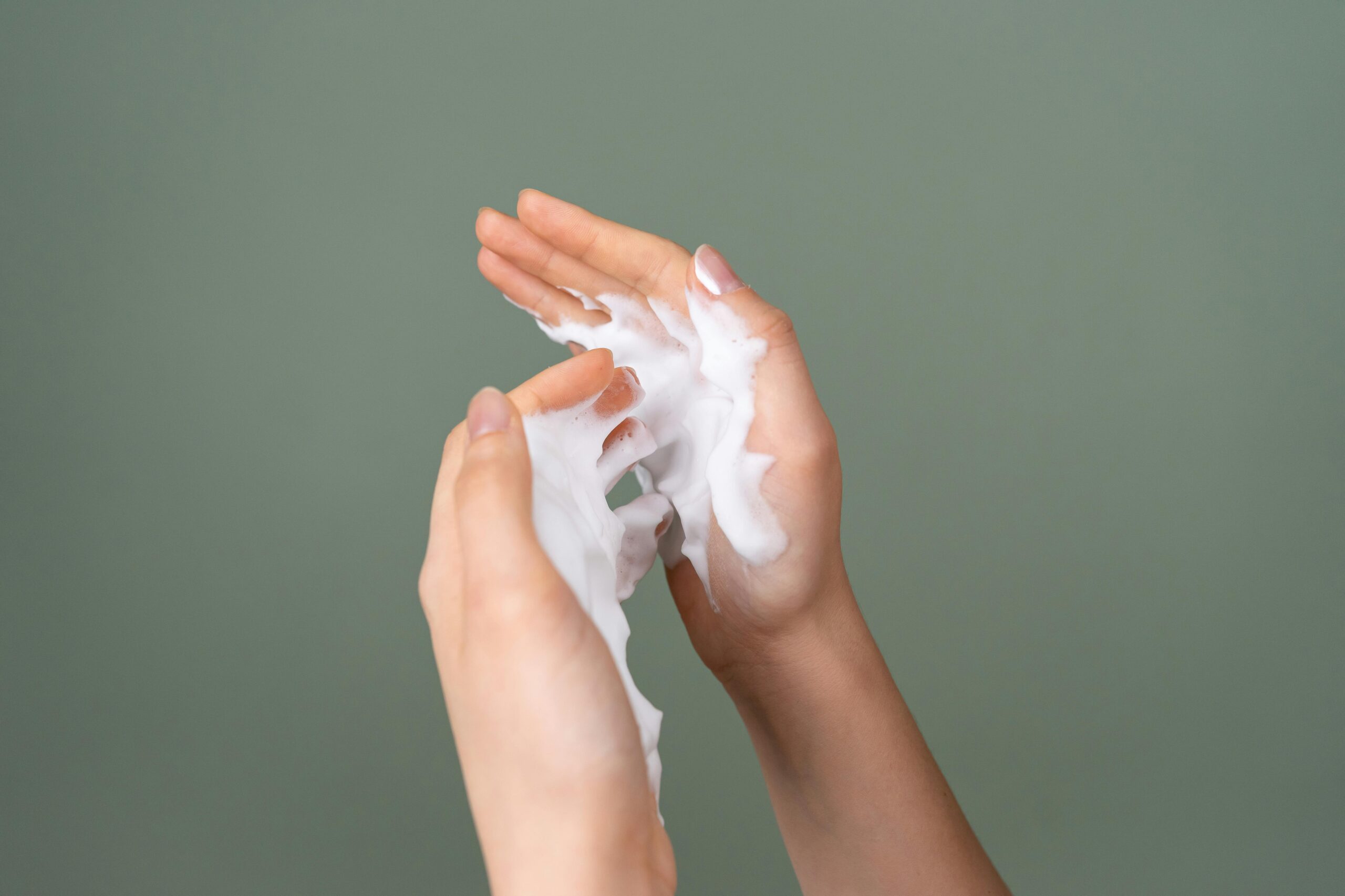Acne can be a persistent challenge, especially when you’re trying to keep your skincare routine clean and natural. While there are countless products on the market, they often contain harsh chemicals that can irritate sensitive skin. Natural skincare recipes can offer a gentle, effective alternative for tackling breakouts while nourishing your skin. The beauty of these remedies lies in their simplicity — most of the ingredients can be found in your kitchen or local store, and they work wonders for calming inflamed, acne-prone skin.
1. Honey and Cinnamon Spot Treatment
Honey is a natural antibacterial agent that helps to soothe irritated skin and reduce inflammation. Cinnamon, on the other hand, has antimicrobial properties that can help prevent further breakouts.
How to make it:
- Mix 1 tablespoon of raw honey with 1/2 teaspoon of cinnamon powder.
- Apply the mixture to any active pimples or inflamed areas.
- Let it sit for 10-15 minutes before gently rinsing it off with warm water.
This spot treatment can be used 2-3 times a week to reduce the size and redness of breakouts.
2. Aloe Vera and Tea Tree Oil Toner
Aloe vera is known for its calming properties and is ideal for soothing irritated skin, while tea tree oil is a powerful natural antiseptic that helps clear out acne-causing bacteria.
How to make it:
- Scoop out 2 tablespoons of aloe vera gel from the plant (or use pure aloe vera gel).
- Add 3-4 drops of tea tree oil and mix well.
- Apply the toner to clean skin using a cotton pad, focusing on acne-prone areas.
This toner can be used daily after cleansing to keep breakouts under control and reduce inflammation.
3. Turmeric and Yogurt Face Mask
Turmeric has anti-inflammatory and antibacterial properties, making it excellent for acne-prone skin. Yogurt contains lactic acid, which gently exfoliates and brightens the skin, helping to fade acne scars over time.
How to make it:
- Combine 1 teaspoon of turmeric powder with 2 tablespoons of plain yogurt.
- Apply the mask to your face and leave it on for 10-15 minutes.
- Rinse off with lukewarm water, making sure to remove all the turmeric.
This mask can be used once a week to calm redness and keep the skin looking clear and bright.
4. Green Tea and Apple Cider Vinegar Toner
Green tea is rich in antioxidants and helps reduce oil production, while apple cider vinegar works as a gentle exfoliant that balances the skin’s pH levels.
How to make it:
- Brew a cup of green tea and let it cool.
- Mix equal parts green tea and apple cider vinegar in a small bottle.
- Use a cotton pad to apply the toner after cleansing your face.
You can use this toner once a day, preferably in the evening, to help regulate sebum production and reduce acne breakouts.
5. Oatmeal and Honey Cleanser
Oatmeal is a soothing ingredient that helps to absorb excess oil, while honey moisturizes and fights bacteria that can cause acne.
How to make it:
- Grind 2 tablespoons of oats into a fine powder using a blender or food processor.
- Add 1 tablespoon of raw honey to the ground oats and mix into a thick paste.
- Gently massage the mixture onto your face and rinse off with warm water.
This natural cleanser can be used daily to keep the skin calm and free of impurities without over-drying.
Conclusion
DIY natural skincare recipes offer a gentle, effective way to manage acne-prone skin without relying on harsh chemicals. By incorporating ingredients like honey, aloe vera, and tea tree oil, you can soothe your skin, reduce inflammation, and keep breakouts at bay. Remember, consistency is key — using these remedies regularly will help improve your skin’s health and clarity over time.
FAQs
1. How often should I use natural skincare remedies for acne?
It depends on the recipe. Spot treatments can be used 2-3 times a week, while cleansers and toners can be used daily. Masks are typically best used once a week.
2. Can natural remedies clear acne scars?
Yes, some ingredients like turmeric and yogurt can help fade acne scars over time, but it requires consistency. Patience is key when treating scars naturally.
3. Is tea tree oil safe for sensitive skin?
Tea tree oil can be potent, so it’s best to dilute it with a carrier like aloe vera gel. Always do a patch test before applying it to your face to ensure your skin doesn’t react.
4. Can I mix different natural remedies in my skincare routine?
Yes, you can mix remedies, but avoid using too many new ingredients at once. Start slow, introducing one new recipe at a time to see how your skin reacts.
5. How long will it take to see results from these remedies?
You may notice small improvements within a week, but it typically takes 4-6 weeks of consistent use to see more significant results. Natural skincare requires time and patience.



